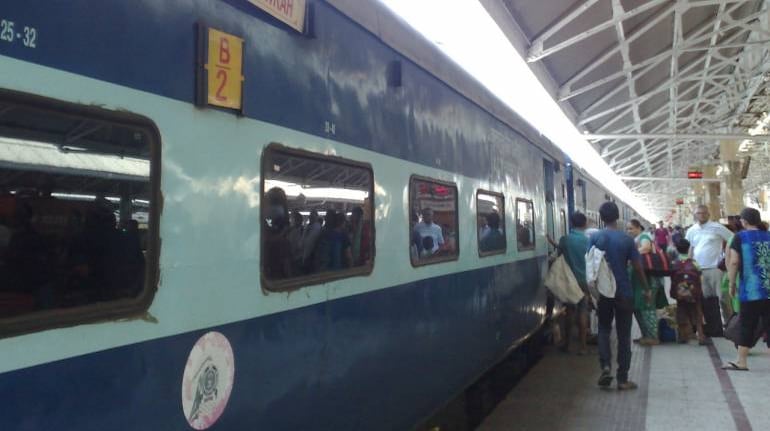



The Railways on June 25 announced its decision to cancel regular time-tabled passenger services, including mail, express, passenger and suburban services up to August 12. It had earlier canceller all regular train services till June 30.
"It has been decided that all tickets booked from July 1 to August 12 will be cancelled and a full refund will be issued," the Railways said in a press release. Special Rajdhani trains and other services started from May 12 and June 1 will continue as per schedule, it added.
Track this blog for LIVE updates on coronavirus pandemic
India on June 25 recorded its highest single-day jump of nearly 16,000 COVID-19 cases and the number of cases in Delhi surpassed Mumbai on June 24 while the lockdown in containment zones in West Bengal was extended till July 31.
Delhi, which already is the second worst-hit in terms of coronavirus caseload and fatalities, overtook Mumbai after the number of cases soared by 3,788 to touch 70,390. Mumbai has so far recorded 69,625 cases, according to official figures.
(With inputs from PTI)
Discover the latest Business News, Sensex, and Nifty updates. Obtain Personal Finance insights, tax queries, and expert opinions on Moneycontrol or download the Moneycontrol App to stay updated!
Find the best of Al News in one place, specially curated for you every weekend.
Stay on top of the latest tech trends and biggest startup news.